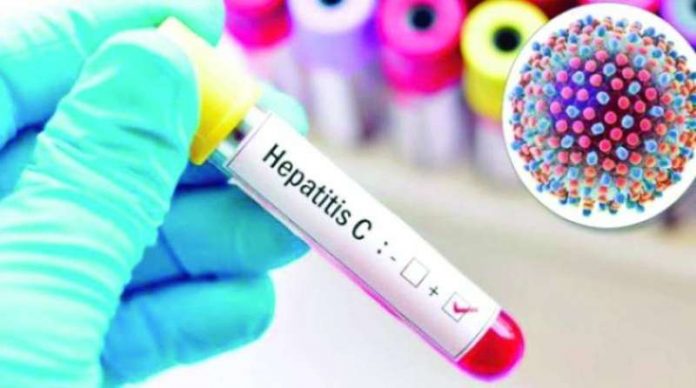A British virologist has revealed that there is some evidence about the cause of the outbreak of hepatitis in children, but none of it is convincing enough yet to determine the exact causes of the disease.
Will Irving, a professor of virology at the University of Nottingham, recently told Xinhua in an exclusive interview that global experts are still confused about the cause of the mysterious outbreak, with teams struggling to find out why, reports a local Arabic daily.
“I think when we really get to the bottom of that, we’ll find that there are two, three, four different factors that will all combine to produce what is really an extraordinary event,” Irving said.
The World Health Organization said there are now 348 probable cases of acute hepatitis in children in five regions of the world. As of 3 May, 163 cases of acute hepatitis (non-A and E) have been identified in children under 16 years of age in Britain since 1 January 2022, eleven of whom received a liver transplant. No death was recorded for any resident in the country, according to the British Health Security Agency.
Irving explained that the number of cases is higher than it should be, as doctors usually see rare cases of acute hepatitis in young children, and perhaps one or two cases every two months in Britain.
“So the fact that we’ve seen more than 160 cases in three months is a huge increase from what we’ve seen in past years,” he said. So, something unusual is happening.”
Investigations indicate an association with adenovirus. According to the British Health Security Agency, the adenovirus was the most detected in the samples tested. However, it is not uncommon to see hepatitis after infection with adenovirus in healthy children.
In Britain, investigations are continuing into other potential contributing factors, including previous infection with SARS-CoV-2 or other infection, a change in immune predisposition, possibly due to reduced exposure during the epidemic, and a change in the genome of the adenovirus itself.
“In a way, either the virus itself or the consequences of our response to the epidemic started, whatever is causing this hepatitis,” Irving said.
He stressed that there are many different hypotheses at the moment, noting that the most obvious of them is that during the epidemic, young children under the age of five were largely protected and were not exposed to the simple infection of the virus that young children are usually exposed to.
He reported that now with all restrictions such as social distancing lifted, these children are exposed to a whole range of viruses that are increasing in spread, adding that “their immune system simply does not deal with many infections or infections specific to this adenovirus.”
In Britain, the UK’s Health Security Agency is coordinating the investigation of cases, issuing guidelines to doctors who see individual cases and asking them to take a full series of biological samples, throat swabs, stool and blood samples. Laboratories in London and Glasgow do genetics work on adenoviruses.
Toxicologists are looking into whether any of the children have been exposed to some kind of poison. Epidemiologists also interview parents to see if there is any common trait in their diet, behavior or environmental exposure.
Speaking of a potential outbreak spiraling out of control, Irving replied that there should be a theoretical possibility if it was a truly new agent or previously unrecognized toxin.
And he added, “This has been going on since the beginning of January and we haven’t seen that kind of curve, so I’d be reasonably optimistic that it won’t go up and spread, but given that I don’t know what’s causing it, I can’t say that for sure.”

















